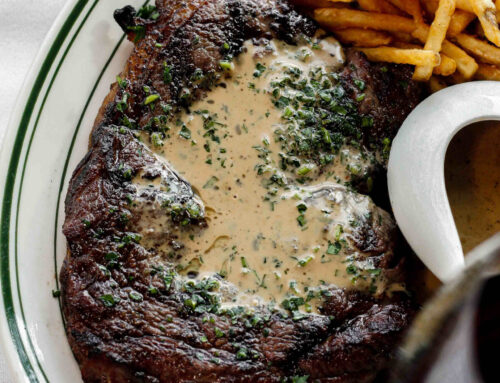Spiritual longings belie much of what attracts our attention.
The headline in The New York Times read: “Need Press? Repeat: ‘Green,’ ‘Sex,’ ‘Cancer,’ ‘Secret,’ ‘Fat.’”
The media knows what gets the attention of readers and what doesn’t. Public relations firms and advertisers have taken note and package the message with trigger words, “word coding” their stories. Google searches can now carefully track what people care about.
What people care about today is what people have always cared about. You just have to read between the lines or look behind the scenes or get beneath the skin to make sense of it. The five words headlined are spiritual subjects in disguise. They can be satisfied only spiritually, although we try in vain to satiate these thirsts in superficial ways.
Consider the green movement. This positive development is rooted in the truth that we are “children of dust and feeble as frail,” as the old hymn puts it. “From dust you have come and to dust you shall return,” the Bible says. “Ashes to ashes, dust to dust,” preachers declare as a casket is lowered into the earth.
While God is our Father, the earth is our mother – not in a New Age way, but in a way that science and faith can agree upon. Honoring your Father and mother, then, involves caring for creation and passing it on in better, not worse, shape than you received it.
Sex. Although the church has been notoriously negative on sex, it’s really all about the purpose of pleasure and the pleasure of purpose. We instinctively know that our equipment is designed not only to make babies, but also to draw us out of ourselves and draw others into our hearts. We are made for intimacy. Sex can either leave us empty or fill us with unending joy. It depends upon whether love and commitment are present, though, not whether we get the technique right.
Cancer spells death. Even though medicine has made great strides in treatment that gives hope for healing, a diagnosis of cancer puts us in touch with our mortality like nothing else. We feel vulnerable. We know we are temporary. We need to know there is something to hope for beyond a cure. As one of the leading causes of death, cancer makes us ask the most profound questions about our existence. The promise of life after death from the God of the living and the dead is one of faith’s greatest gifts.
Secret. Psst. Am I missing something? Is there information out there that if I learn it will make my life more meaningful? We all want to know who we are and how we fit in the grand scheme of things. Our attraction to secrets plays into this aspiration. Christians speak of the gospel in these terms: It is the good news of God’s unconditional love and forgiveness in Christ Jesus. It is an open secret. Free. No strings. No tax or shipping charges either.
Fat. How do I hate thee? Let me count the ways. Most Americans are overweight. McDonald’s is not the main culprit. Sue me instead. I am the one who eats for hungers other than the stomach. I eat for comfort. I eat to celebrate. I eat to socialize. You’d think food would make me happy. It does, for a moment or two. Then I feel fraught over my widening girth. While gastric bypass and the South Beach Diet promise to change your life, underlying unmet hungers still beckon. Overeating fuels discontent. Contentment is the cure. Start there, and you can eat dessert guiltlessly.
The next time your eye is drawn to a story with coded words like these, ask yourself why you are taking the bait. Resistance is not futile; it is faithful.





